Latest from Retro Rides Originals
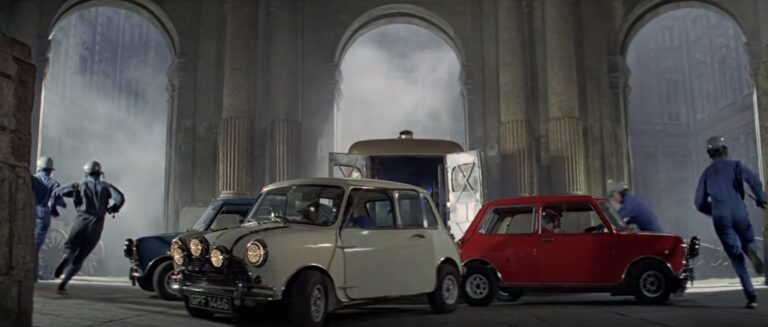
Screen Gems, Part 7: Mini Cooper S from The Italian Job
In our ‘Screen Gems’ series, we’re taking a look back through the archives at some of the iconic cars that...
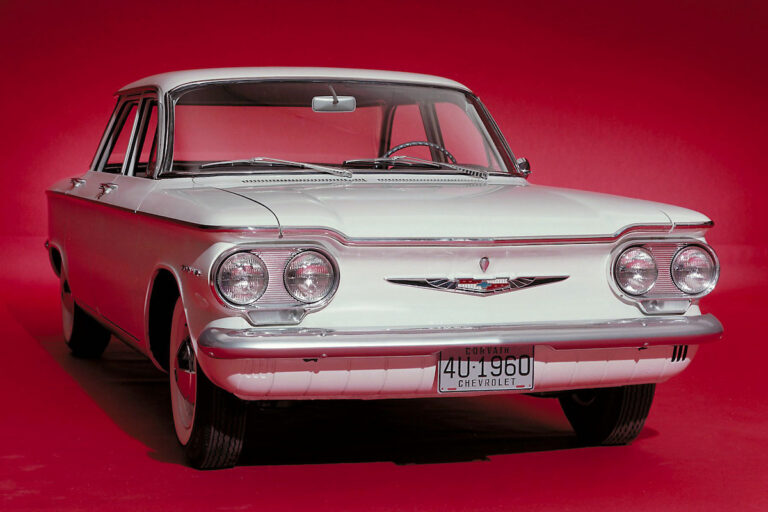
Rear View: 1960 Chevrolet Corvair
Vilified by consumer advocate Ralph Nader for its unstable handling in his landmark 1965 book Unsafe at Any Speed, the...
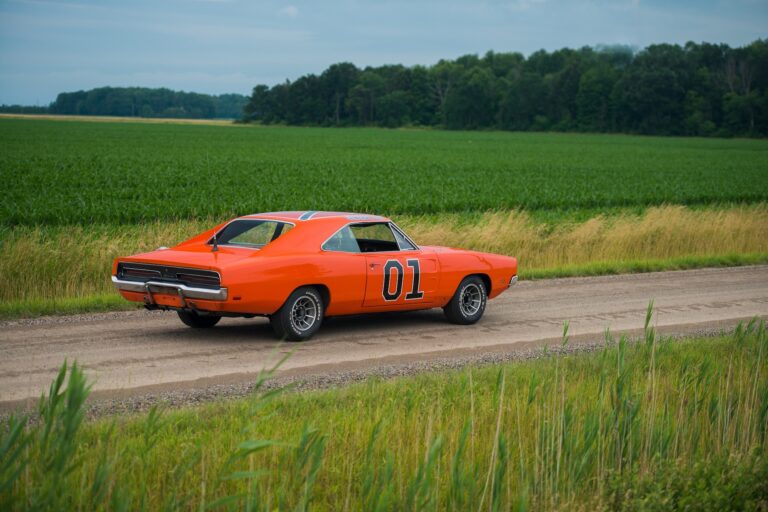
Screen Gems, Part 6: General Lee from Dukes of Hazzard
In our ‘Screen Gems’ series, we’re winding back the clock and taking a look at some of the iconic cars...
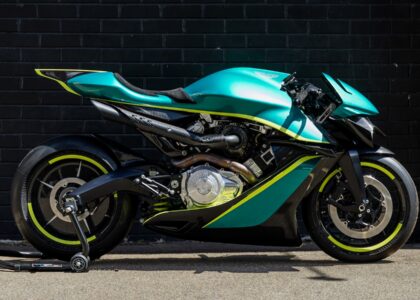
Resurrecting Brough Superior: How the ‘Rolls-Royce of motorcycles’ was brought back from the dead and teamed up with Aston Martin
A British entrepreneur and a French engineer collaborated to bring the “Rolls-Royce of motorcycles” back from the dead in 2008,...
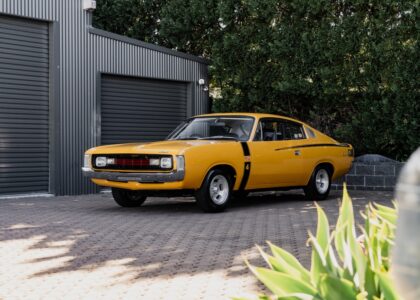
The legend of the Chrysler Valiant Charger R/T E49
Quite simply, the Aussie-developed Chrysler Valiant Charger is Australian performance royalty. One of the ‘big three’ Australian manufacturers, Chrysler Australia...
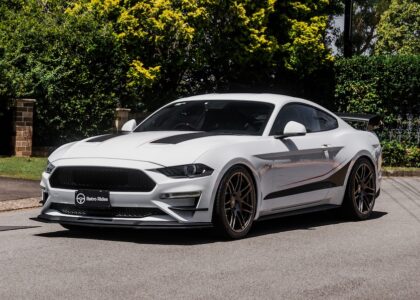
The ultimate road-going Ford Mustang is an Aussie-developed 850hp beast
The Ford Mustang is unequivocally a true American icon, right alongside cowboy boots and blue denim jeans. The car you...

Inside Benzina Stables: Melbourne’s haven for collector cars and bikes
A love of cars, bikes and collecting runs deep in the veins of the founders of Benzina Stables, which bills...

Screen Gems, Part 5: Herbie the Love Bug
In our ‘Screen Gems’ series, we’re winding back the clock and taking a look at some of the iconic cars...

Retro Rides ambassador Shane Jacobson discusses his love of cars and reveals his collection
A rumbling, candy-apple red EH Holden turned actor and comedian Shane Jacobson onto cars, infecting him with an incurable virus...
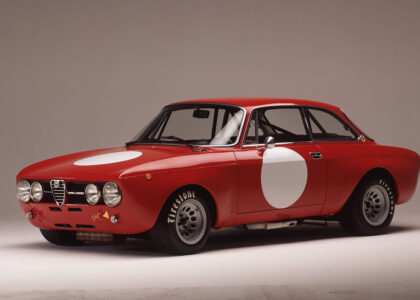
Rear View: 1970 Alfa Romeo 1750 GTAm
With its enlarged twin-spark DOHC four-cylinder punching out a screaming 165kW at 7200rpm, Alfa Romeo’s race-focused 1750 GTAm dominated European...
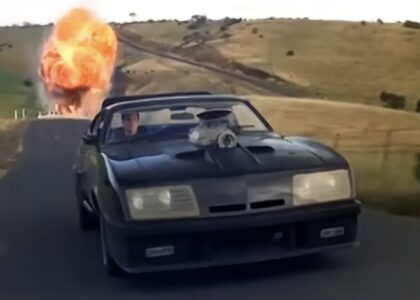
Screen Gems, Part 4: Pursuit Special from Mad Max
In our ‘Screen Gems’ series, we’re looking back at the iconic cars that became film and television stars so instantly...
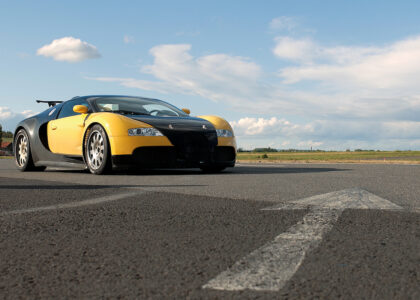
Testing a legend: Loris Bicocchi reflects on the Bugatti Veyron development program
Italian high-speed test driver Loris Bichocchi played a pivotal role in the development of the most extreme car the world...
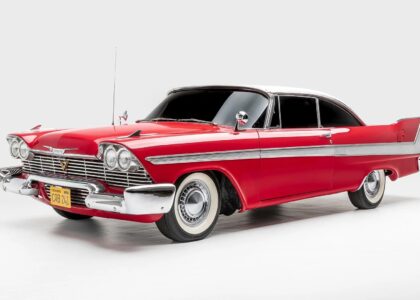
Screen Gems, Part 3: Christine, the possessed 1958 Plymouth Sport Fury
In our ‘Screen Gems’ series, we’re looking back at the iconic cars that became film and television stars so instantly...

